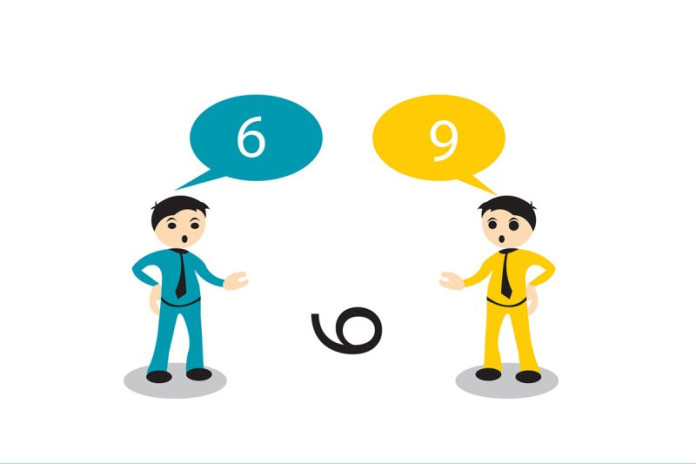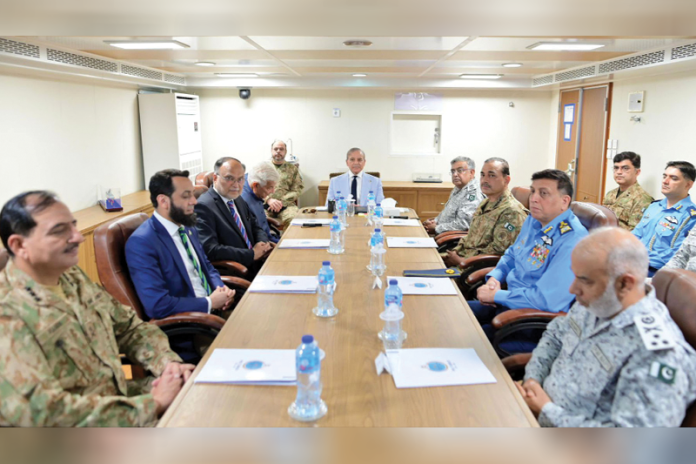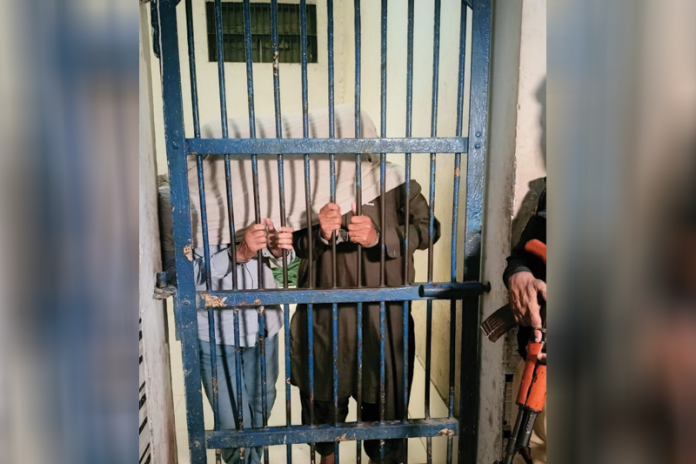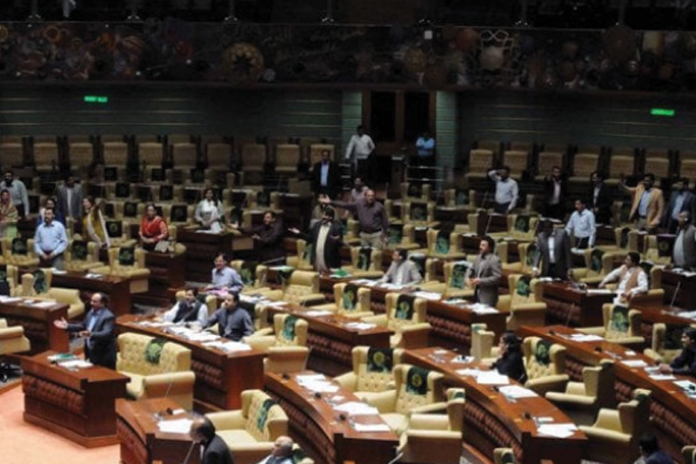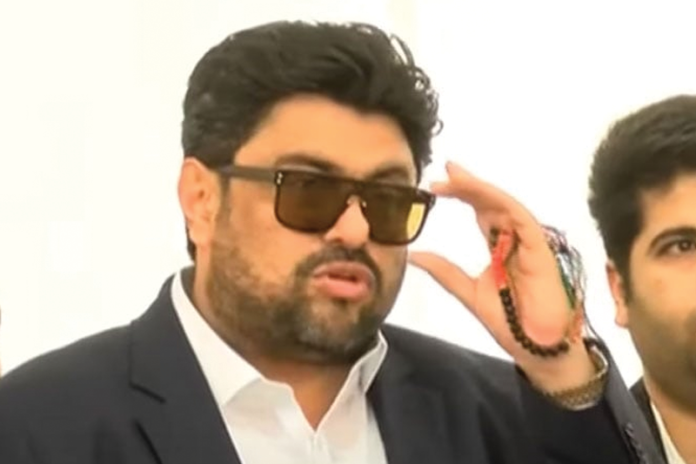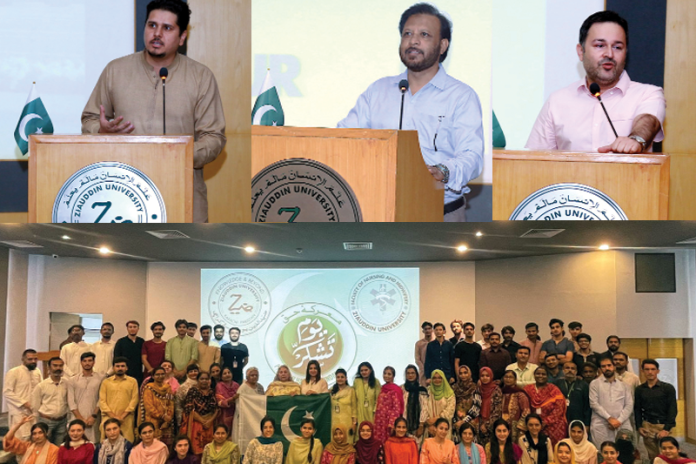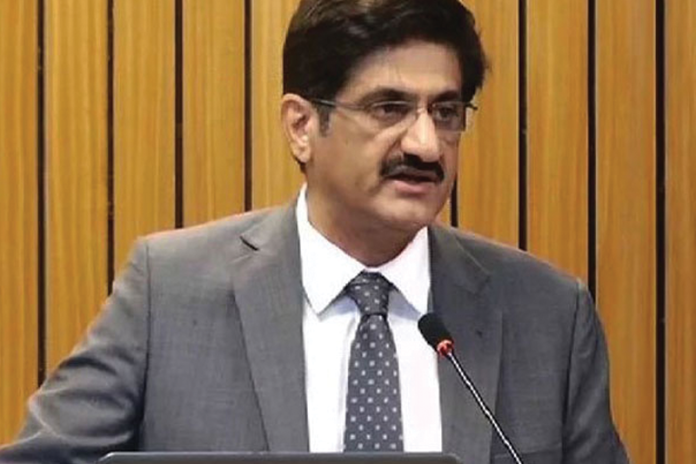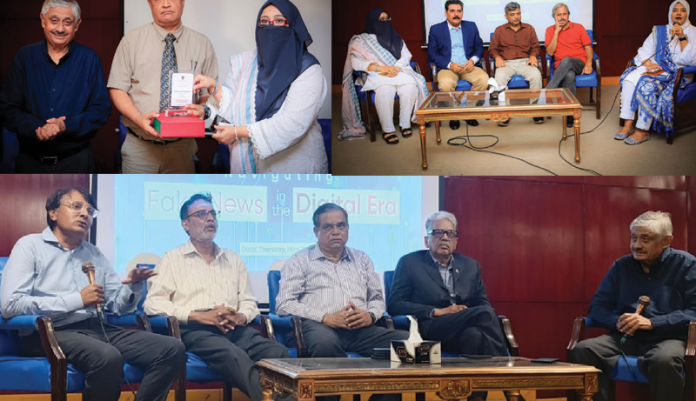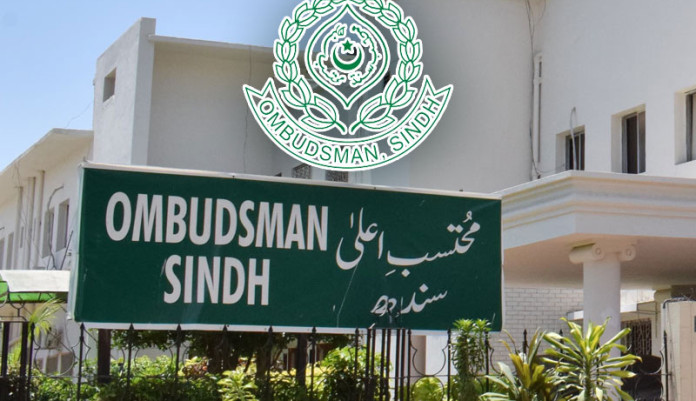Challenges in eradicating polio
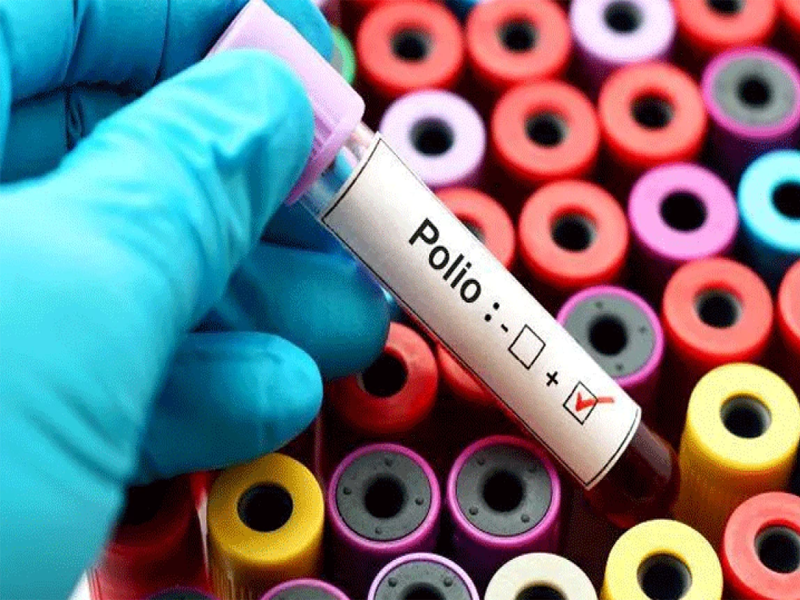
- 363
- 0
The last anti-polio campaign of this year is underway across the country and a total of more than 4.5 million children across the country have been targeted to be vaccinated against polio by December 22.
Although efforts have been underway in Pakistan to eradicate polio for the last thirty years, it is still not possible to say with certainty how much more time we need to succeed. According to the World Health Organization, Pakistan and Afghanistan are the only countries in the world where the polio virus has not been eradicated yet. What is even more sad is that the number of polio cases has increased instead of decreasing in the past few years.
According to the World Health Organization, 63 polio cases have been reported in Pakistan since January this year and 23 in Afghanistan. The important thing in this regard is that despite years of efforts, we are still facing the same problems that we faced thirty years ago. Despite government efforts and support from international organizations, a large number of people still have reservations about vaccinating their children against polio. In addition, incidents of attacks and violence against polio workers are also frequently reported. This time too, thousands of police personnel have been deployed to protect polio teams due to the fear of attacks by extremists during the polio campaign. Despite this, a policeman was killed and a polio worker was injured in an attack by extremists on a polio team in Karak district of Khyber Pakhtunkhwa.
According to official data, more than 200 polio workers and the police personnel assigned to protect them have been killed in the last thirty years. Militants call the polio campaign a Western conspiracy and often attack polio workers, mostly in tribal districts. Polio workers and the officials responsible for their protection are busy performing their duties despite the difficulties. Apart from this, the major challenges in the path of polio eradication in Pakistan include lack of good governance, political instability, geographical insecurity, lack of education and obstacles in reaching remote areas by polio teams. Despite this fearful situation, the vaccinators have pledged to go ahead with their mission and go door to door to reach out to maximum number of children in each and every polio eradication campaign. It is noteworthy that despite the passage of three decades, the misconceptions of the general public regarding the polio vaccine have not been completely eradicated. In many areas, there are still people who believe in rumors such as polio vaccine making children sterile or implanting microchips in them. There are various factors for the resurgence of this deadly and crippling disease and foremost being the denial by parents to vaccinate their children against this deadly virus.
In fact, it is parents who are putting their young ones at risk of lifelong disabilities by exhibiting such an irresponsible behaviour. Despite these difficulties, it is also a fact that due to the ongoing national polio prevention program in Pakistan, polio cases in the country have decreased by 99%. However, Pakistan has not been able to completely control the polio disease yet, but every few years we come close to the goal of a “polio-free” Pakistan and face failure. These circumstances require us to rethink our strategy and identify and address the causes or factors that are delaying the eradication of polio in Pakistan. It should be noted that the biggest weapon in the fight against polio is the polio vaccine, which is provided by the Bill Gates Foundation, and 339,521 polio workers are active across the country to vaccinate children up to the age of five against polio. In addition, this program is supported by the world’s largest surveillance system and a high-quality network of information gathering and analysis, state-of-the-art laboratories, the best experts in epidemiology, and prominent public health experts from Pakistan and around the world are also part of this program. Due to the tireless work of the Bill Gates Foundation and polio workers, no polio case was reported from Pakistan in 2021, which led Bill Gates himself to visit Pakistan. On this occasion, Bill Gates, in addition to meeting the Prime Minister, also met with polio workers, health workers and delegations of parents and assured them that cooperation with Pakistan in the polio program would continue. It should be noted that according to the criteria set by the World Health Organization, a country is declared polio-free only if no polio case is reported for three consecutive years.
In these circumstances, while there is a need to continue the anti-polio activities within the country with full vigor, it is also necessary to prevent the transmission of the virus from Afghanistan to Pakistan because in September, the Afghan Taliban had suspended the anti-polio campaign across the country. Due to this, efforts to eradicate polio have been affected in Afghanistan as well as Pakistan. The polio virus spreads very quickly and there is a fear that children who are not vaccinated against polio will fall victim to polio and from them the virus will be transmitted to other children. This situation is a setback for Pakistan's positive image globally, while it is also affecting Pakistan's business community because every Pakistani is required to provide a polio vaccination certificate for traveling abroad. Thus, this aspect also creates a negative impression about Pakistan for investment delegations from abroad who come to Pakistan. Therefore, we must make the efforts to eradicate polio successful as soon as possible so that this obstacle to the country's development can be removed. Apart from this, the major challenges in the path of polio eradication in Pakistan include lack of good governance, political instability, geographical insecurity, lack of education and obstacles in reaching remote areas by polio teams. And for polio eradicatoin, overcoming of the above-mentioned challenges is a must. We can overcome these challenges through individual as well as collective efforts.




